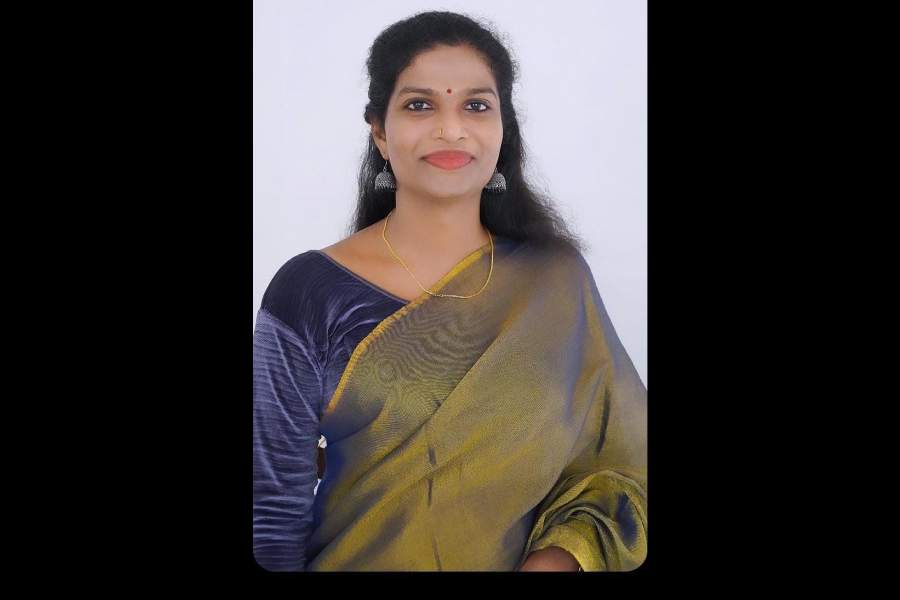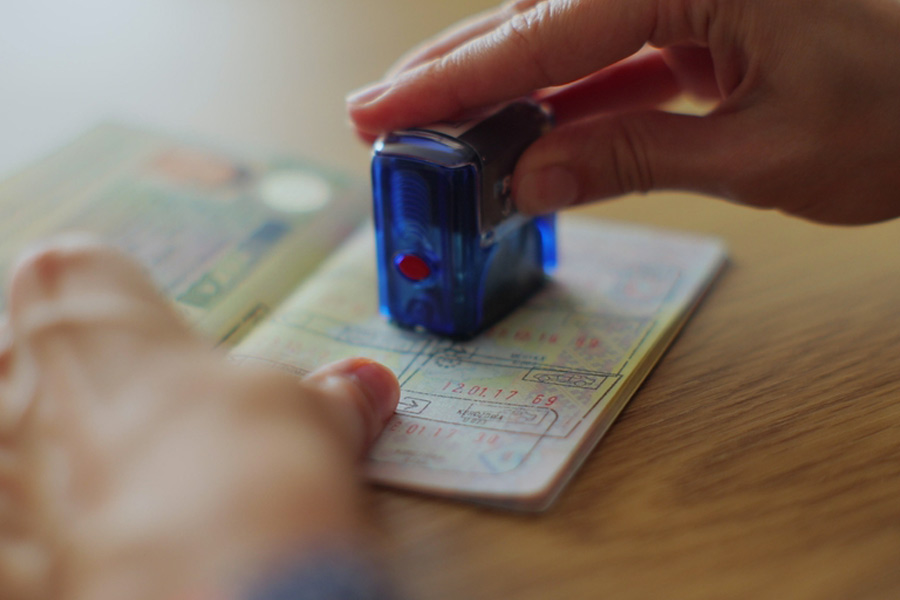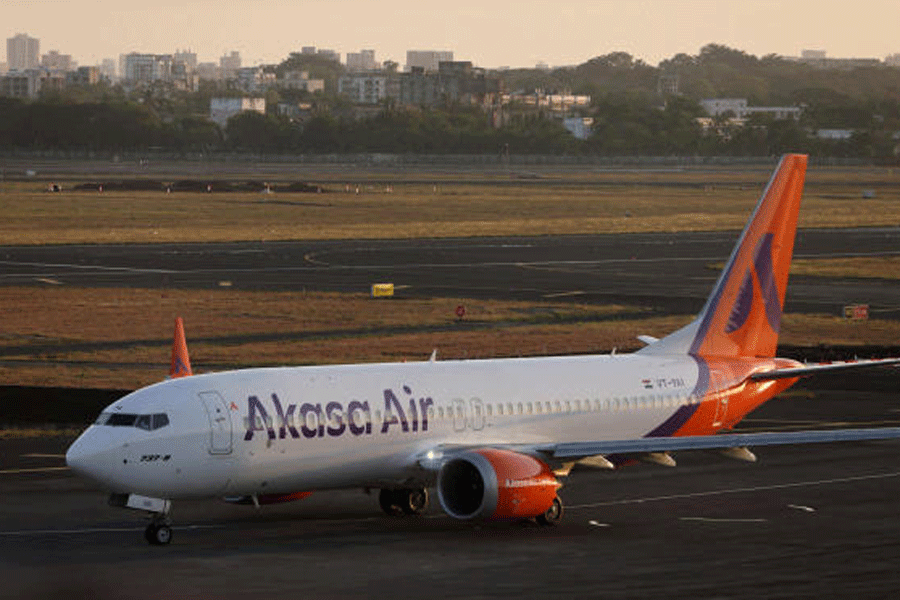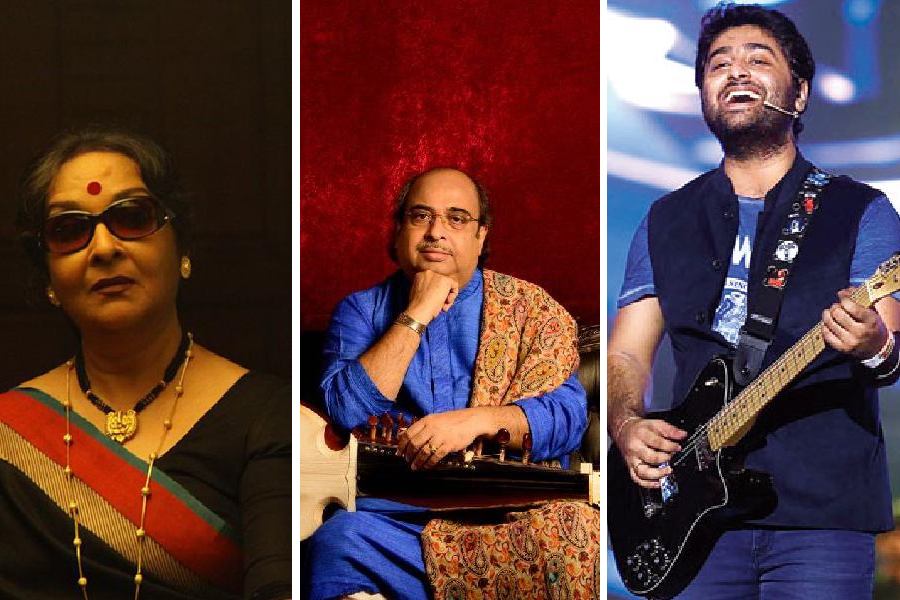The US Supreme Court on Saturday cleared Mumbai attack accused Tahawwur Rana’s extradition to India, clearing the decks for investigators to get to the bottom of the conspiracy, sources in the security establishment said.
“Rana’s extradition looks imminent now. Once extradited, he will face trial for several offences, including criminal conspiracy, waging war against the Government of India, forgery and murder,” a security official attached to the Union home ministry said.
He said Rana’s interrogation would help investigators unearth new details and the missing links behind the intricately planned terror attack of November 26-29, 2008, that pushed India to the brink of war with Pakistan.
India has long sought the extradition of 64-year-old Rana, a Canadian national of Pakistani origin who is believed to have been one of the brains behind the attack.
Rana is known to be associated with Pakistani-American Lashkar-e-Taiba terrorist David Coleman Headley, one of the main conspirators behind the 26/11 attacks.
Headley, a US citizen born to an American mother and a Pakistani father, was arrested in October 2009 by the US authorities and sentenced to 35 years in prison for his involvement in the Mumbai attacks.
An official of the National Investigation Agency (NIA) said there was a robust case against Rana, establishing his direct involvement in facilitating the 26/11 attacks and other terror plots.
The agency had in 2011 filed a chargesheet against nine people, including Rana, accusing them of planning and executing the Mumbai attacks. In 2014, a Delhi trial court issued non-bailable warrants against them after the NIA listed them as “absconders”.
“Rana’s extradition is expected to yield critical information about the operational links between the Lashkar and elements within Pakistan’s security establishment,” the NIA official said.
A former doctor in the Pakistan army, Rana had moved to Canada in the 1990s and eventually became a naturalised citizen. He later shifted to the US, where he opened an immigration consultancy in Chicago.
According to investigators, Rana allowed Headley to use his immigration consultancy as a cover to conduct surveillance and reconnaissance missions in India.
During Headley’s interrogation in the US, he had revealed before Indian agencies that he had travelled to India five times between 2007 and 2008, using a five-year visa that Rana had helped him obtain, and conducted recces for the Mumbai attacks.
Sources said Rana had also visited Mumbai with his wife and stayed at the Taj Hotel, which was one of the targets of the attacks.
Ajmal Kasab, the sole attacker to be caught alive, was the only convict executed in the case.
A total of 166 people, including six Americans, were killed by 10 Pakistani terrorists who attacked multiple prominent sites in Mumbai.
Devika Rotawan, a survivor, on Saturday hailed the US Supreme Court’s decision. “I am very happy that Rana will be brought to India soon. Such terrorists should be hanged,” she told reporters.
Rotawan, who was nine years old then, was shot in the leg by Kasab at the Chhatrapati Shivaji Terminus. She identified Kasab in court during the trial.











